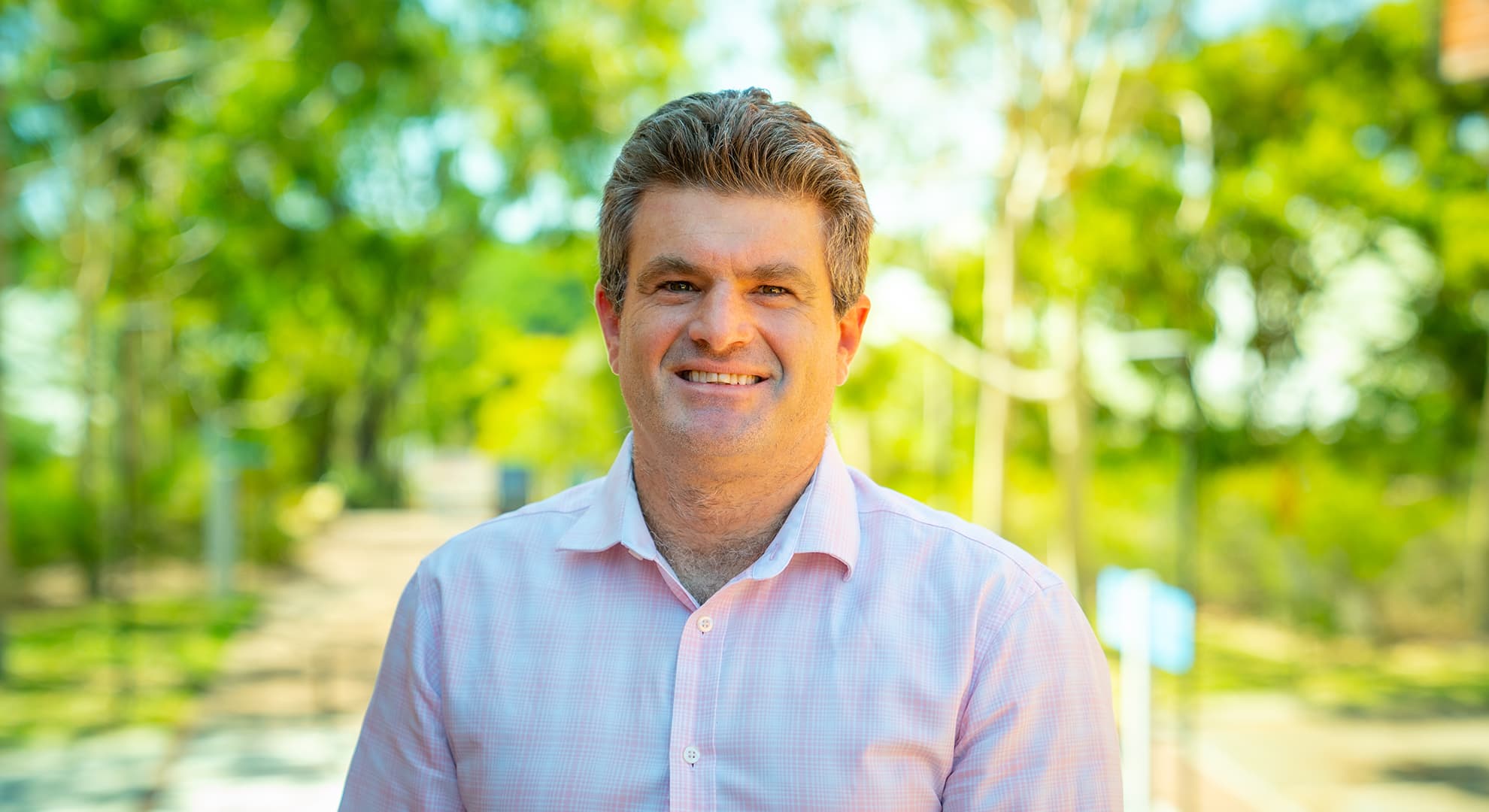Health researchers have renewed calls for the implementation of pill testing facilities to avoid potential overdoses and drug-related deaths, as festivals return to Australia’s summer calendar after a two-year absence.
A newly published Edith Cowan University study examined the behaviour of festival goers in Victoria, when given access to a community-led pill testing service.
It found the vast majority would discard their drugs if they contained unexpected substances.
Almost 11 per cent of the pills tested didn’t even have any of the substance the owner believed they had purchased. Of the people in possession of these pills, only 9 per cent said they planned to consume the drug after finding out its composition.
Other festival goers’ pills were found to contain the expected substance, but also other unknown substances the attendees were unaware of.
Less than half of these people said they still planned to take them.
Researcher Dr Stephen Bright said additional analysis after the event showed some of the discarded pills contained a dangerous combination of drugs that were known to have been involved in several deaths in Melbourne in 2017.
“It was identified there were some problematic drugs going around at the time,” he said.
“When they were told there was a chance their drugs could be the same batch that had been causing issues, most people chose to get rid of their drugs.”
Dr Bright said this finding could prove crucial in preventing deaths from drug overdoses.
“Given the deaths in Melbourne at the time, even this relatively small service may very well have saved a life at this festival.”
Better testing – and more of it
Despite its success in seeing people discard potentially life-threatening drugs, Dr Bright said the pill testing service included in the study only used reagent kits, rather than the most accurate testing methods available.
This means although 30 per cent of the pills tested were found to have either additional substances as well as what was expected, or completely different substances, the number was likely a lot higher.
“The market’s so tainted, there are so many drugs being sold as different drugs,” he said.
Dr Bright also said it wasn’t enough to only have pill testing at events where drug taking was common.
 Dr Stephen Bright.
Dr Stephen Bright.
He said fixed site services would also prove valuable, though currently only Canberra offers such a site.
“Some of our other research has shown people will only use pill testing at festivals if their friends were ok with it,” he said.
“If their friends thought it was stupid, they weren’t going to use it.
“But people said they’d use a fixed site service regardless, because you don’t have your friends around you.”
Getting the word out
Following the spate of drug-related deaths in Melbourne, in 2021 the Coroners Court of Victoria recommended implementing a drug checking service and an early warning network to alert the public when a dangerous batch of drugs is detected in the community.
However, the public still has no access to substance analysis, which Dr Bright says is due to legal uncertainties and political opposition.
“If you had fixed site services in every capital city, that would create an early warning system,” he said.
“So when a problematic combination has been picked up, healthcare services in other states would be aware of it and we could track bad batches going around.
“We could warn people a bad batch was going around or if it had already arrived.”
Dr Bright said policymakers saw drug checking services as “sending the wrong message” — despite recent research showing it wouldn’t cause an increase in drug taking behaviour.
He described the lack of public drug testing facilities as a failure of public policy.
“Until governments support legal drug checking services, unsanctioned services such as that monitored in the study may continue to fill the gap as best they can with the available technologies.”
‘Community-led guerrilla drug checking in response to deaths from adulterated MDMA in Victoria, Australia’ was published in Drugs, Habit and Social Policy.
 Research shows most people would discard drugs found to contain unknown substances, rather than consume them.
Research shows most people would discard drugs found to contain unknown substances, rather than consume them.



